Solar Shines During the Pandemic
Written by guest author Caroline Mwebeza of Solar Health Uganda and Let There Be Light International
The global COVD-19 pandemic illuminates the issue of energy poverty. Accelerating energy access is critically important to improve health outcomes. In last mile health facilities, for instance, electricity can be the difference between life and death.
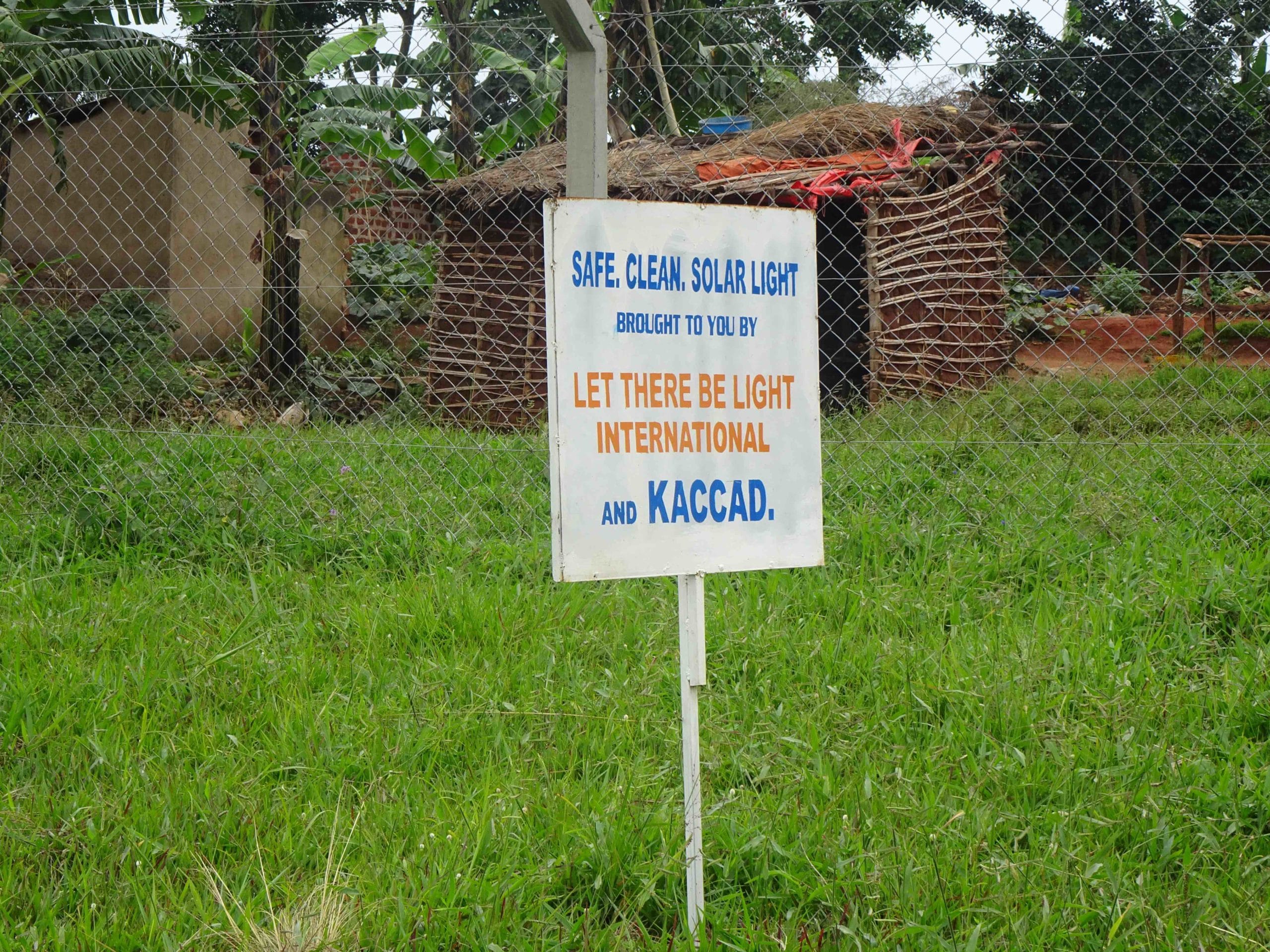
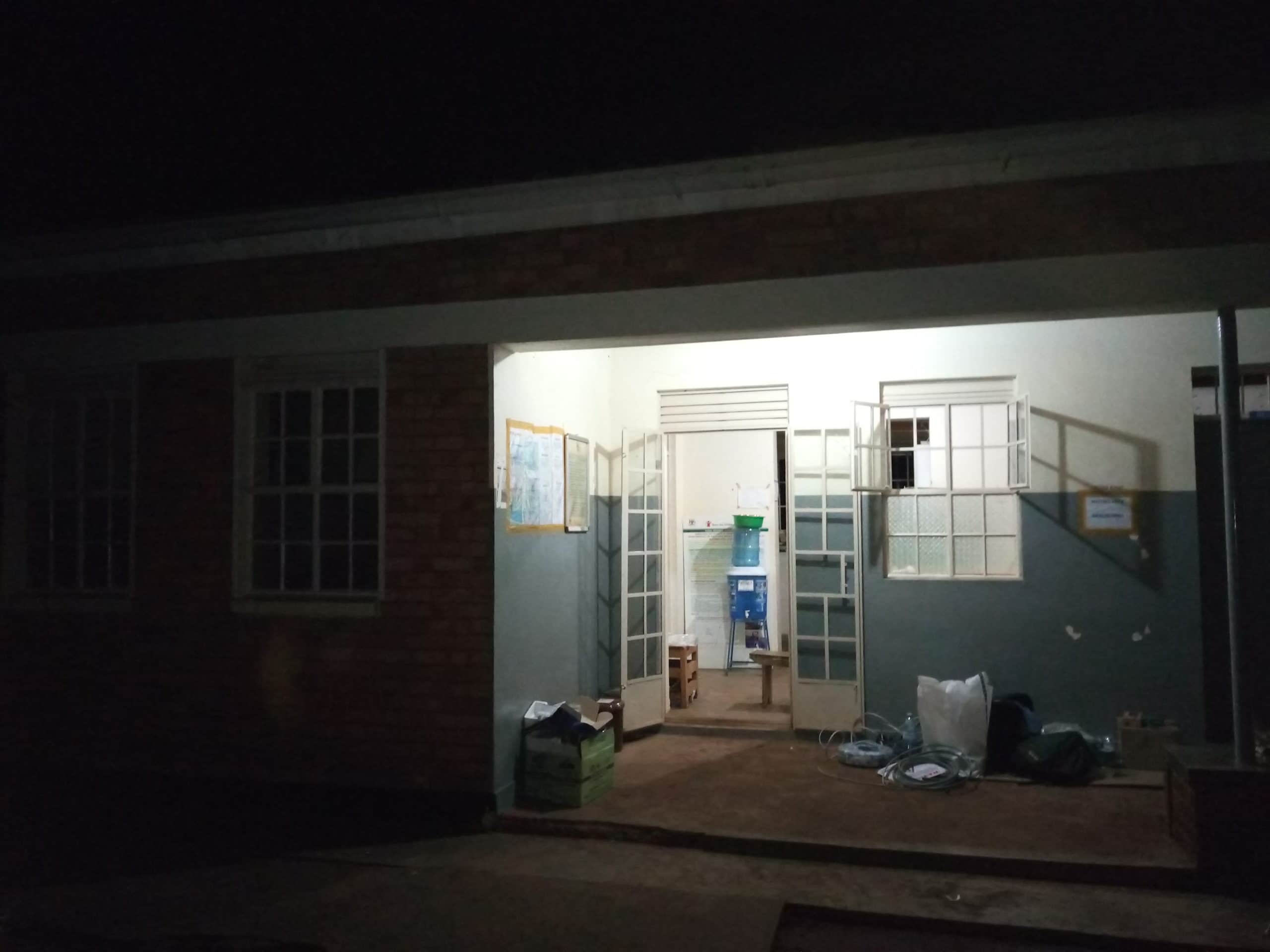
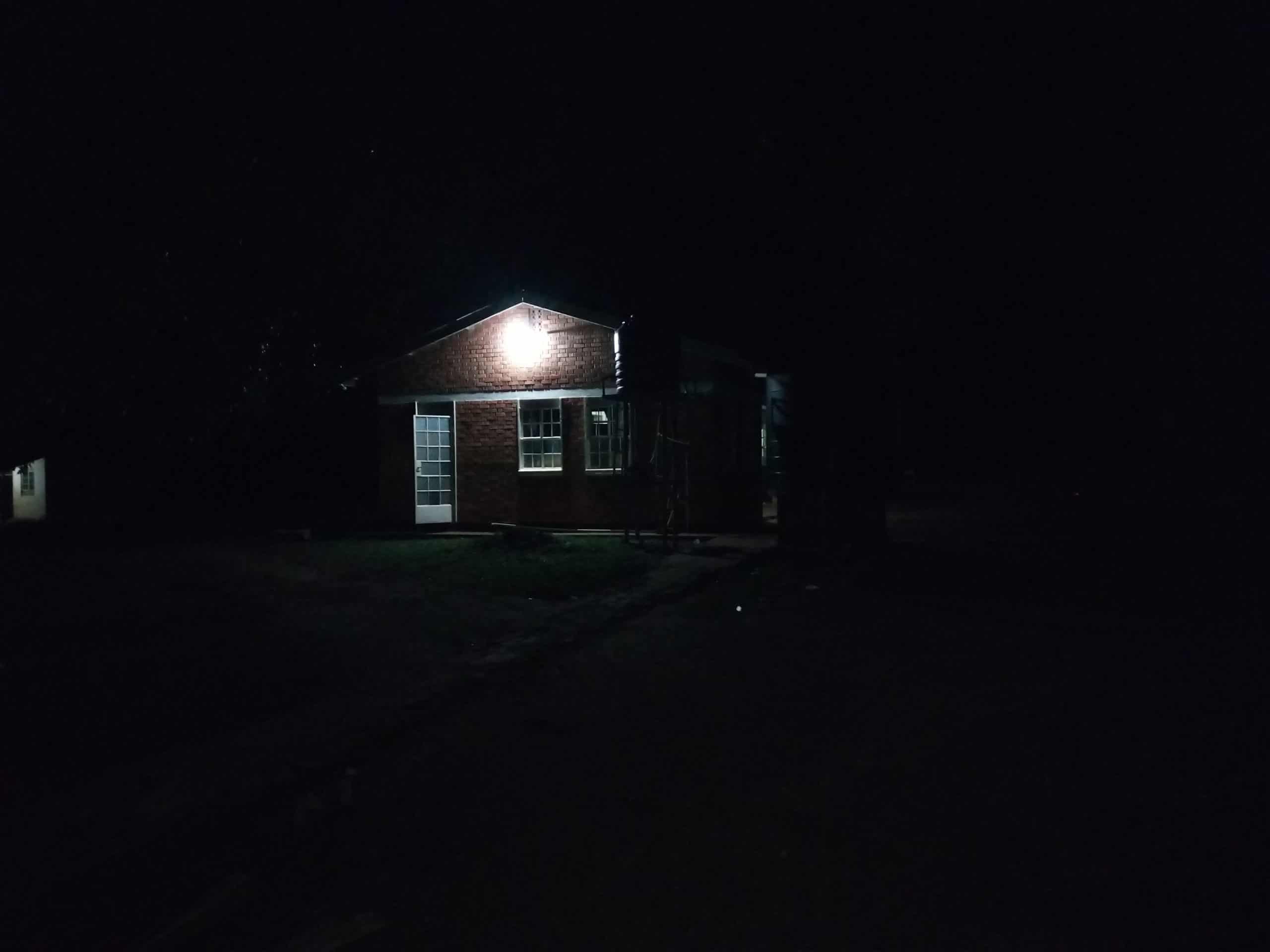
Clinics in Africa
1/4 of all health facilities in sub-Saharan Africa lack electricity. In response, Solar Health Uganda and Let There Be Light International (LTBLI) created Safe Births + Healthy Homes (SB+HH). SB+HH is a maternal and infant health intervention funded by Let There Be Light International (LTBLI). The project is implemented by Solar Health Uganda.
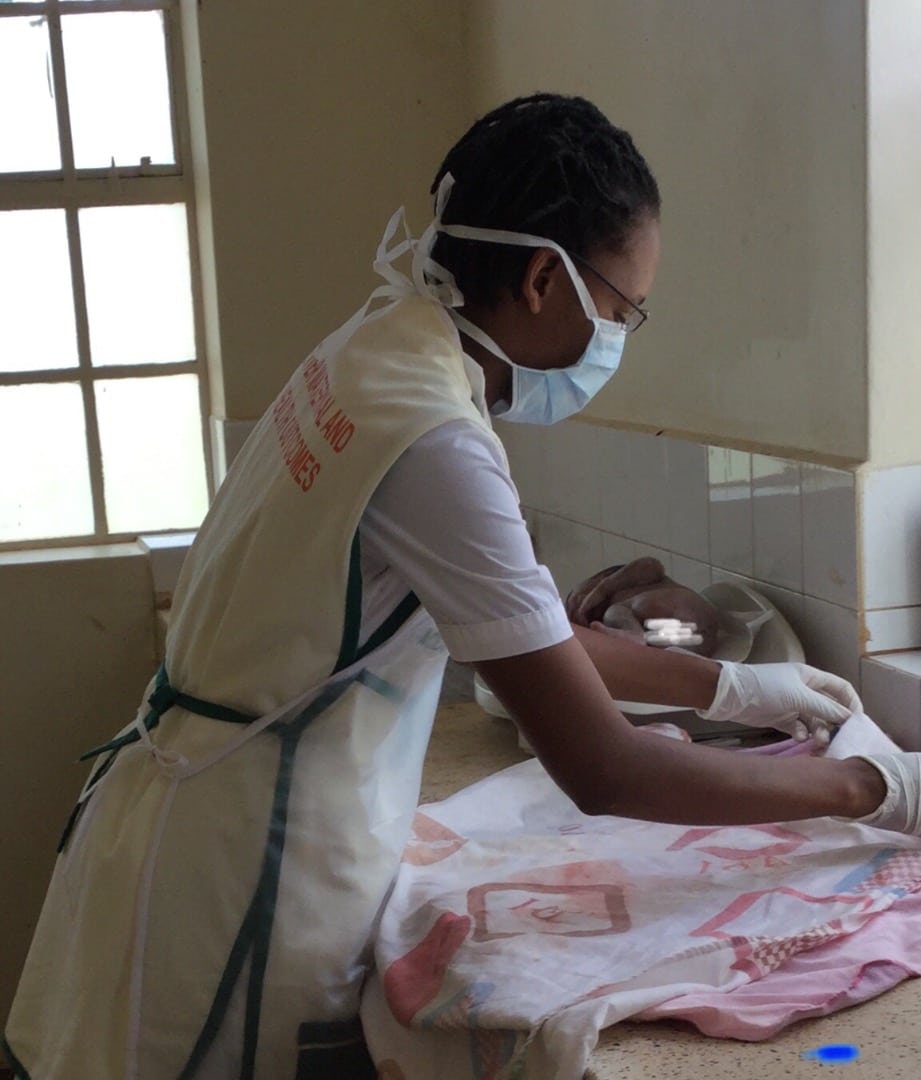
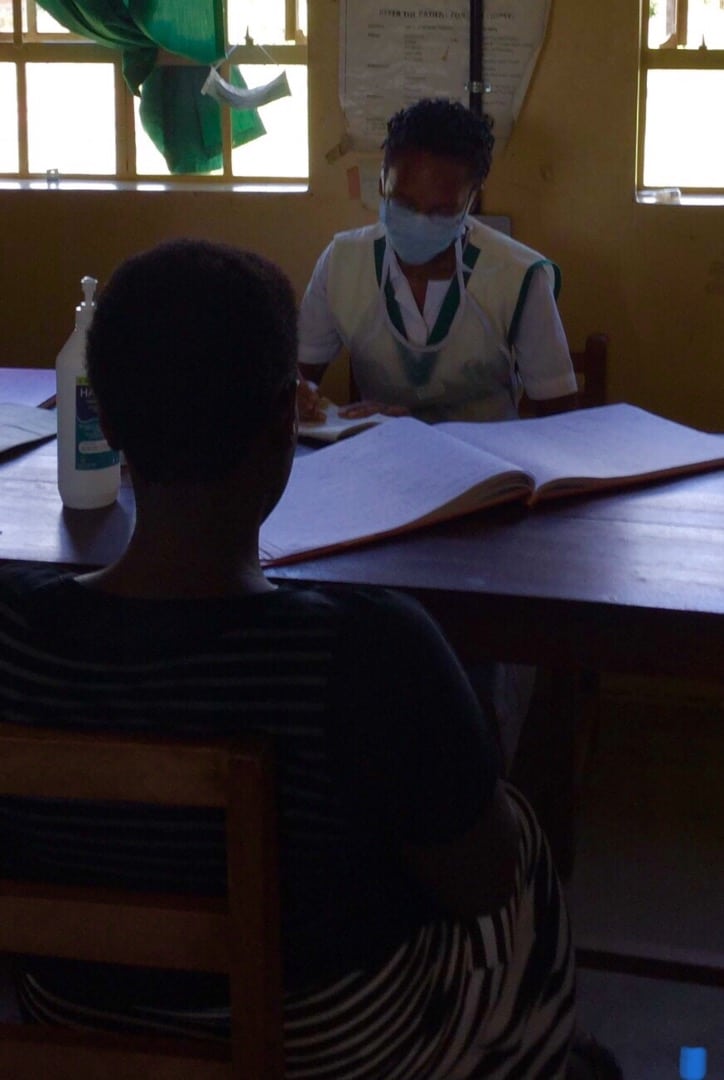
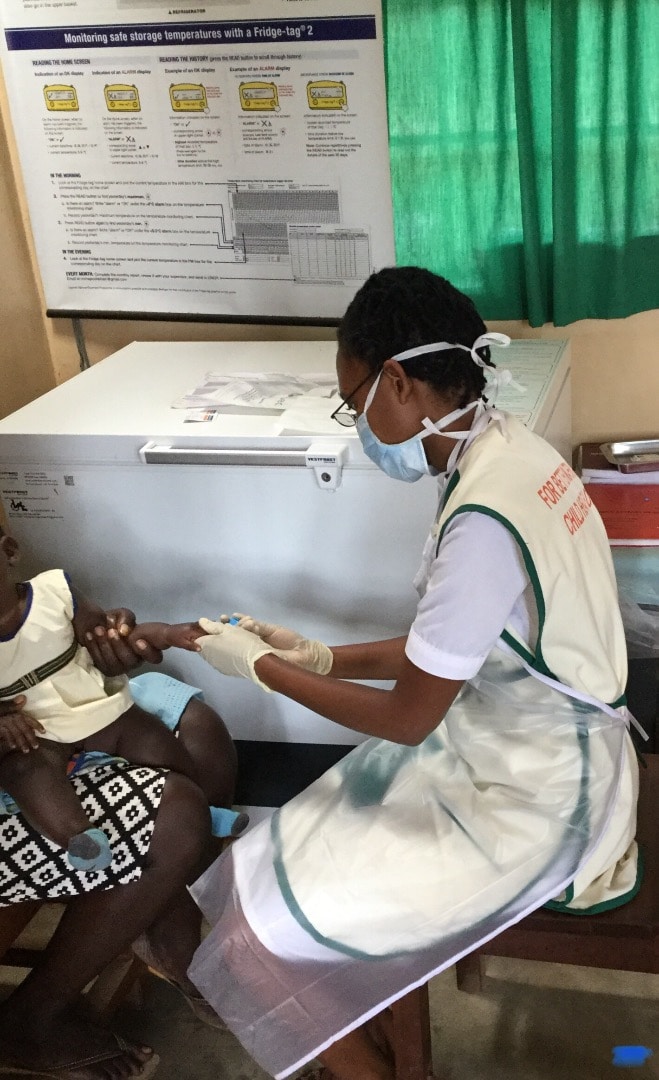
Safe Births + Healthy Homes uses solar lights to incentivize pregnant women to give birth at solar-electrified clinics with the help of trained health professionals. In the past 16 months, 2,100 solar lights have been donated through to new mothers, and more than 10,000 people now have clean light. Even a single solar light improves indoor air quality and respiratory health, because polluting and dangerous kerosene lamps are no longer needed. In addition, the use of solar reduces weekly expenses while improving fire safety, bed-net usage, and hours of safe lighting for children.
Energy and the United Nations Sustainable Development Goals (SDGs)




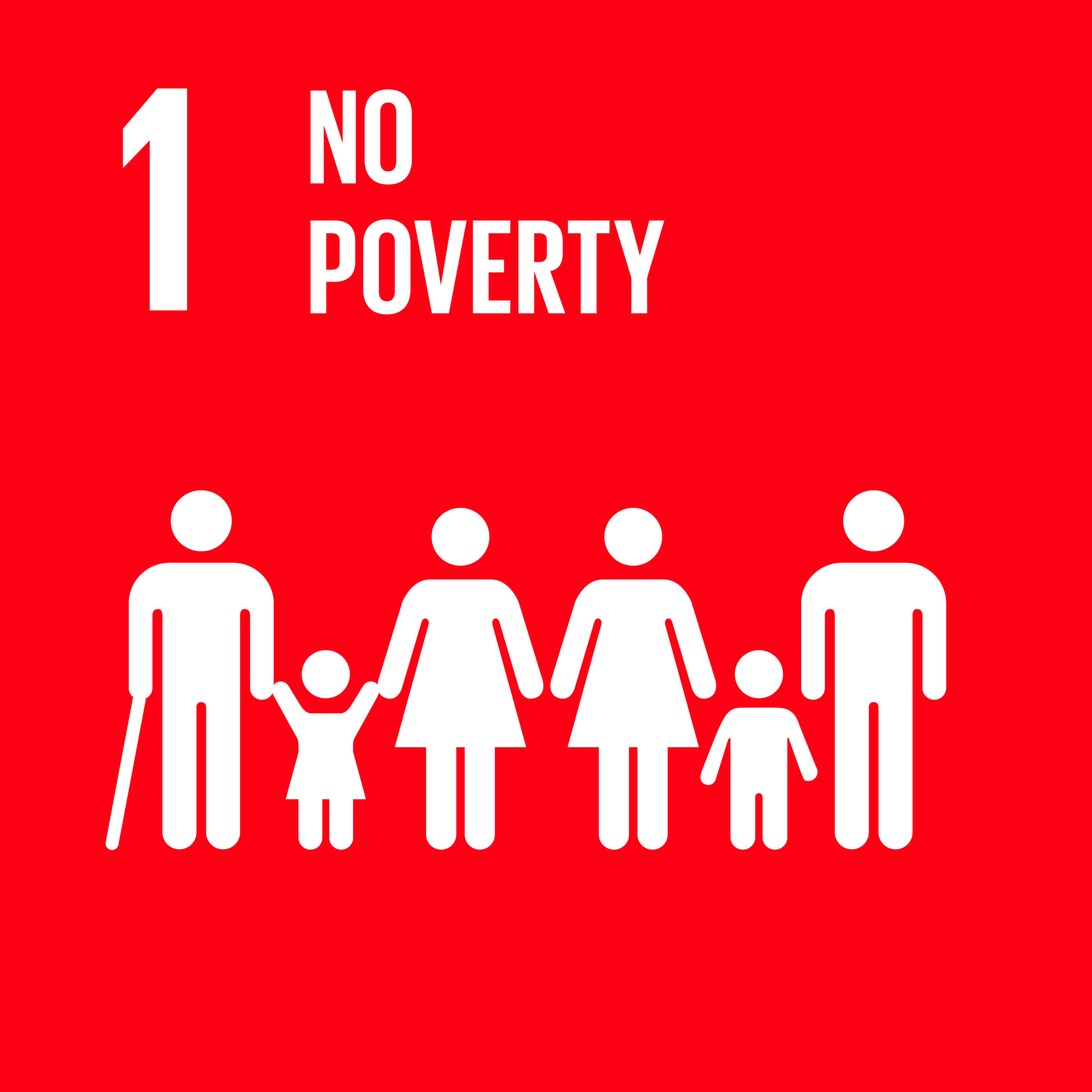
Safe Births + Healthy Homes is a project grounded in SDG7 but interlinked with SDG1, 3, 5, and 13.
Energy Poverty is the state of living without access to energy. In rural Uganda, where 84% of the population lives, only 8% of the population has access to electricity. The primary sources of household lighting are traditional kerosene lights and candles, which impact respiratory health and lead to increased susceptibility to COVID-19. Tragically, women and children suffer the greatest impact of energy poverty. In fact, 85% of the annual deaths caused by household and ambient air pollution are women and children. (World Health Organization Statistical Report, 2017).
Maternal and Infant Health requires Safe Lighting
Despite the pandemic, mothers need birthing services. The promise of a safe solar light is encouraging many women to deliver at the SB+HH clinics. When new mothers receive solar lights and go back home, they then report feeling safer and more empowered. New mothers cite ownership of the light and their ability to care for their infant as primary benefits.
As a result of the clinic electrifications, rural healthcare staff are receiving critical health and safety instructions during the pandemic. The clinics are now acting as information centers to disseminate guidelines from the Health Ministry to the greater community. All across the globe, there is renewed interest in clinic electrification and indoor air quality, as governments and communities work to provide healthcare to at-risk populations.
Shine On!

0 Comments